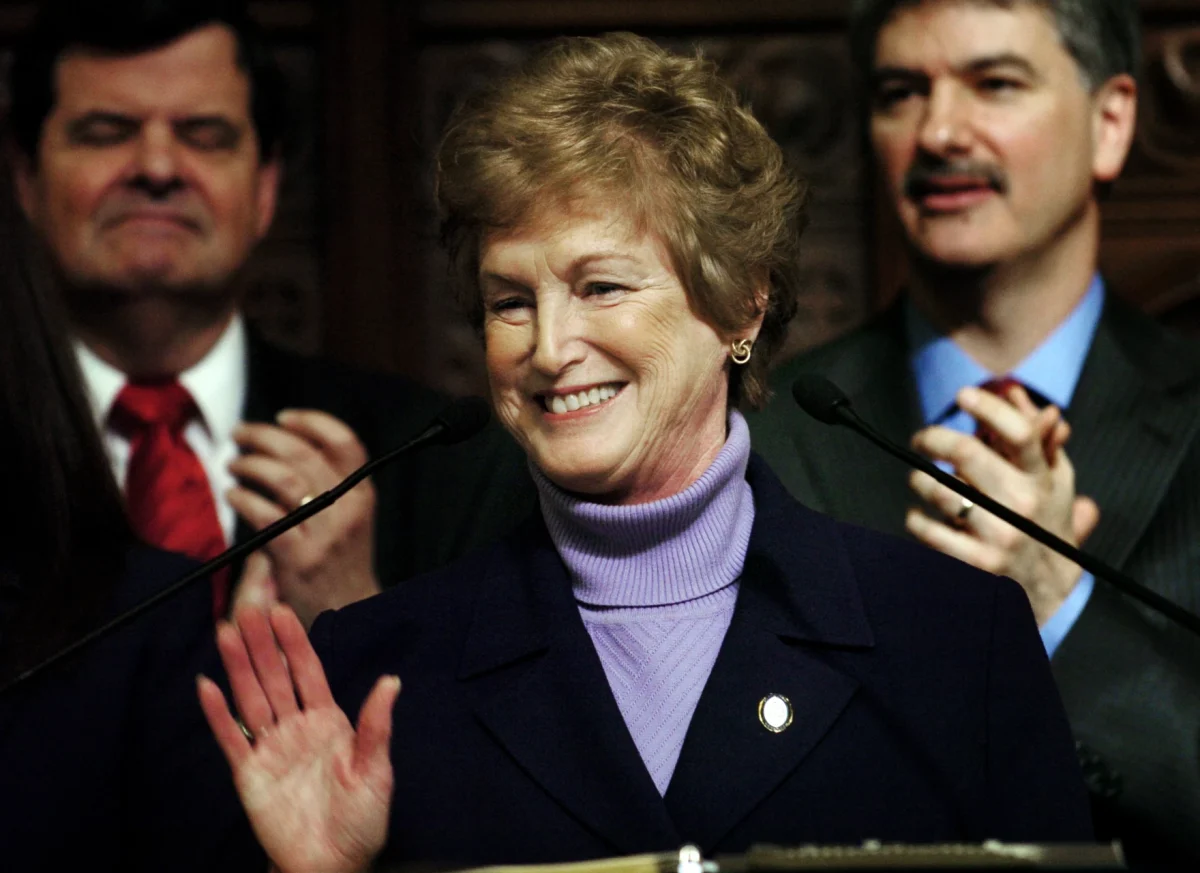On Nov. 11, North Star Fellowship was launched for consideration of opening more charter schools in Connecticut.
This fellowship which started in Indianapolis, Ind., helped create more than 50 charter schools over 18 years. The fellowship is partnered with the Latinos for Educational Advocacy and Diversity (LEAD), to combat an ongoing struggle to provide charter schools with alternative education routes. Charter schools offer alternative education to individuals who cannot afford public schooling. Charters operate through individual agreements with state or local governments that set rules and student performance standards.
For traditional public schools, class sizes have an average of 12 students to every one teacher. In charter schools, for every 26 students, there is one teacher. The difference between the two is the curriculum and techniques catered toward the students. Fostering creativity, abstract thinking and social skills within the school and its pupils. Unlike public schools which are confined to strict guidelines from their states and overseeing government, charters have more flexibility. Academic focus, staffing ratios and policies or general benefits of the school are primarily decided by school districts or state board levels. This planning and agreement comes after authorization from state or local governments. Charter schools operated in 35 states in the 2000-2001 school year, and that number has risen to 45 states nationally.
The proposition was last touched upon in 2023 when Senator Matt Lesser (D-Middletown) opposed the bill. The Raised Bill No. 1096 states the main goal is to eliminate the process of the State Board of Education issuing an initial certificate of approval for a new charter school and to establish a charter school approval grant account to fund new charter schools.
Opposition to the Capital Preparatory Middletown Charter School harbored criticism from members of the community, including opposition from National Association for the Advancement of Colored People (NAACP) members. With the implements from the North Star Fellowship, it’s hoping to plant solid roots in the community within the education system.
“I think there have been places where charters are what the community is looking for… you should be fundamentally listening to the community in their wants and needs,” Lesser said.
Traditional schools pivot learning abilities from some students due to the way curriculums are taught. “There needs to be continued efforts to strengthen traditional public schools and make sure that everyone is entitled to a world-class education,” Lesser said.
While charter schools are not the conventional way of learning they’re not disapproved of. The Edmonds Cofield Preparatory Academy for Young Men in New Haven and Norwalk Charter School of Excellence state based on statistics from 2023 growing approval from citizens of the municipalities.
“If these schools were available to the kids in my neighborhood, maybe some of them would have wanted to be there more. Finding schools to fit community needs is so hard because everyone needs something different and everyone’s learning experience is unique to them,” said Hannah Ferrara, a student at the University of New Haven. “Education is vital in today’s environment and having an education that supports you and aids you into achieving the best outcome means more than a static educational approach.”



